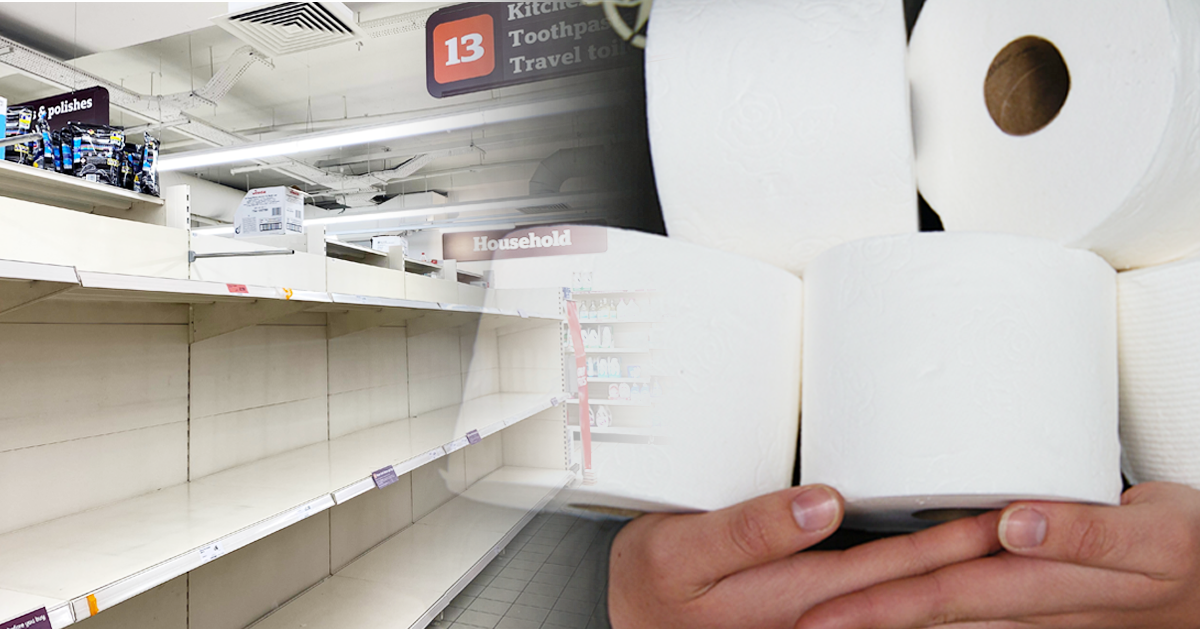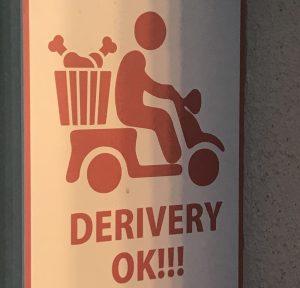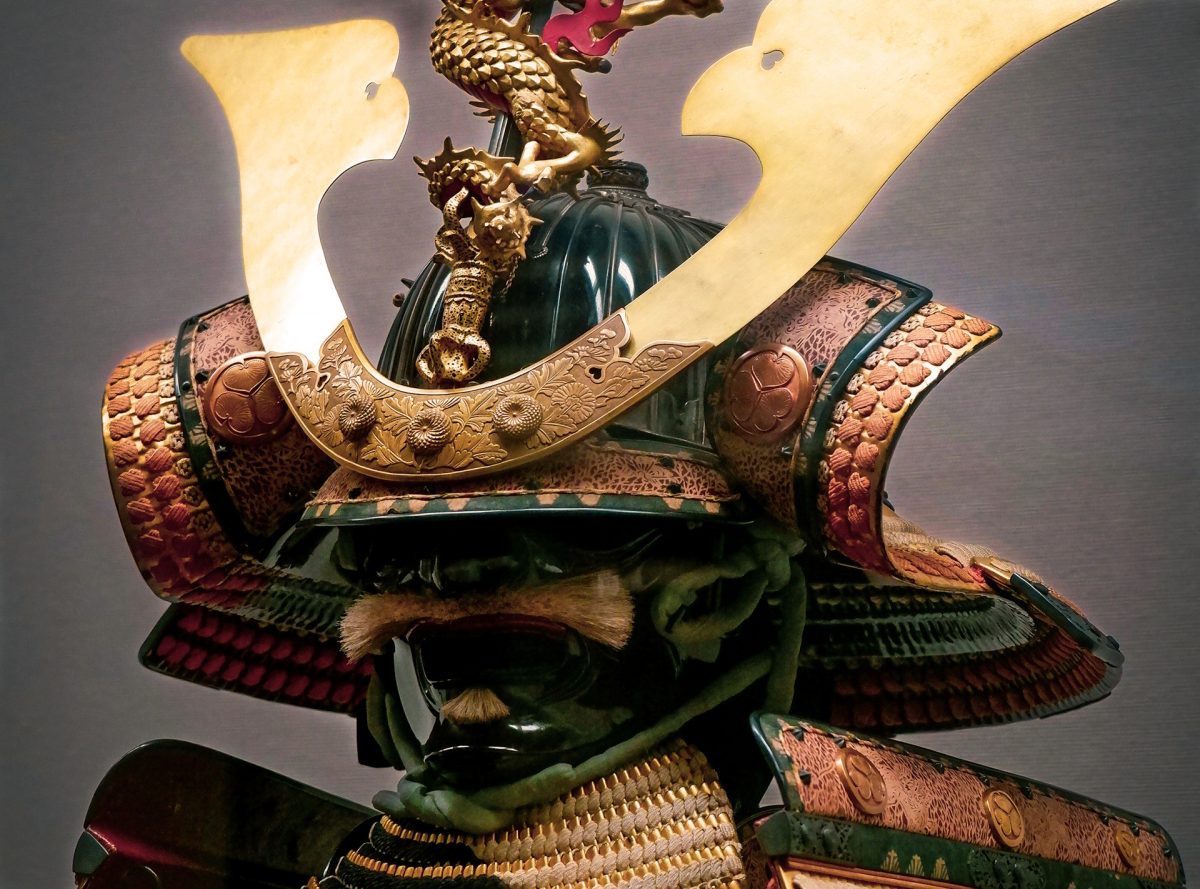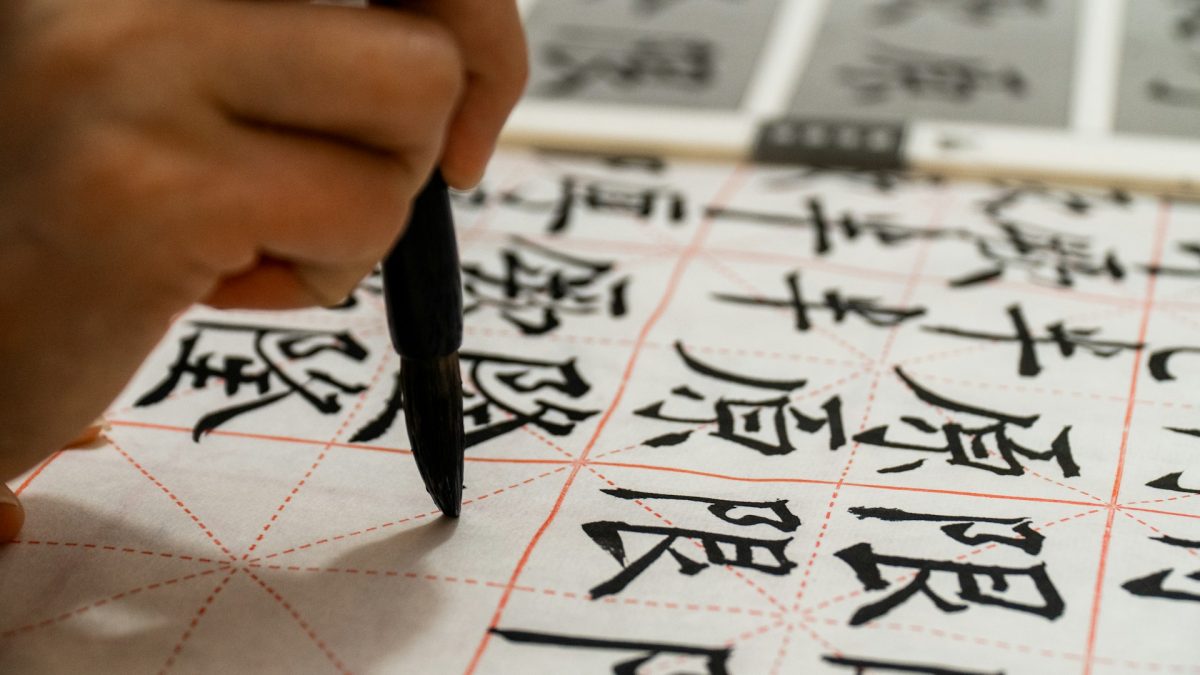
“Translation is like toilet paper. No one thinks about it until they need it.” That was a bit of pre-pandemic humor from the localization industry that equates the two as essential items. It makes sense and is funny. But is it still true?

This saying is one that Renato Beninatto, CEO at Nimdzi Insights and long-time influencer in the localization industry, mentions often during his presentations and lectures. It’s a crowd favorite. But nowadays, it has taken on a whole new dimension.
That’s because toilet paper is no longer an afterthought. It is now front and center of people’s minds (while translation unfortunately isn’t) thanks to COVID-19 and the rumors surrounding it. Perhaps those once rare rolls of precious paper have returned to store shelves, but that isn’t stopping people from buying some extra just in case, right?
But ultimately the joke is on us, since the whole toilet paper crisis was sparked by unfounded rumor and became a self-fulfilling prophecy. Tweets warning about stores running out of toilet paper were fake news, until panic buyers set off a chain reaction that rocked our restrooms.
The fact that we went through the same thing back in 1973-74 also proves that we don’t learn much from history. Be that as it may, we humans have no choice but to move forward using (or not) all the tools and wisdom available to us — including humor.
Contents
Humor will help us get through this
It is said that laughter is the best medicine. It can elevate moods, relieve stress, and perhaps even boost the immune system. The ability to leverage humor in the face of adversity is a uniquely human trait, and just what we need to get through these tough times.
For example, search the hashtag #toiletpaper and what do you get? Initially it was the rumors that created the crisis, followed by helpful tweets about where toilet tissue could be found. But nowadays it’s more about memes that poke fun at our current situation. It’s a veritable timeline that historians will be able to look back on in years to come – and chuckle.
In Japan, where the rumor was that toilet paper was made of the same raw materials as disposable masks in China and therefore supplies will be depleted, memes are not so common but that didn’t stop some tweets from being hilarious. Here are a few examples with hashtag #トイレットペーパー (toilet paper).
https://twitter.com/teketa2525/status/1234442449050722304?s=20
Translation: Dear Convenience Store Owner, it’s totally okay to take such toilet paper anti-theft measures, but please don’t ban people from using the restroom.
Moral of the story is: drastic times call for drastic measures.
But wait, Japan is a country where “shower toilets” that automatically rinse one’s rear end are installed in about 81% of households. So who needs toilet paper anyway? Well, one can assume that the situation would have been much worse if it weren’t for the proliferation of such high-tech toilets. However some people will have issues nonetheless.
ピンチ。
どうすりゃいいんだ😭
ない。ない。ない。紙がないw
某コーヒーショップ☕️
ウォシュレットは人生で使ったことないし。。。あっ〜紙様🧻頼む!#トイレ #トイレ問題#トイレットペーパー #ピンチ#ウォシュレット使ったことない#こんなことをすみません pic.twitter.com/cXSs36tKqe— だいすけ (@DaisukeE721) March 22, 2020
Translation: Help! What am I supposed to do? There’s no paper anywhere in this coffee shop’s restroom. Never used a “washlet” in my life. Oh save me, kamisama! *
*Kamisama is a pun, as it is based on kami (神 for “God”) and replaces it with kami (紙 for “paper”). Japanese humor features heavy doses of puns and wordplay including current oyajigyagu (dad jokes) and going back to traditional rakugo storytelling originating in the 13th century.
But humor is hard to translate
There are two challenges to translating humor – one is in maintaining a certain degree of accuracy (after all, it is translation), and the other is being funny (which is the bigger challenge). Sometimes these two pull in opposite directions because sense of humor differs greatly between countries and cultures. Concepts and context that make sense in one language may not in another. What’s more, something that’s actually funny can easily be explained to death. The pitfalls are many.
For example, sarcasm, which is a staple in American humor, does not click in Japan. Perhaps as a result of being exposed to American sitcoms dubbed in Japanese over the years where the humor is a “little off” from a Japanese perspective but the laugh track is left intact, Japan now recognizes a type of humor called アメリカンジョーク (American joke). This is defined as featuring sarcastic or intensely humorous expressions, but is widely regarded as a joke that’s not nearly as funny as the person telling it thinks it is.
When the COVID-19 infected Diamond Princess cruise ship docked at the port of Yokohama and someone draped a banner reading “SOS I NEED A CORONA BEER” from their balcony, the Japanese media were so not getting it. In fact, they expressed genuine concern over the ship running out of essential supplies. The obvious wordplay with the names of the beer and the virus was lost on the audience, as was the core message “hey I can’t get through this ordeal without a drink!”

Kudos to this brave passenger, but no, sarcasm doesn’t fly in Japan. Cracking jokes under such dire conditions would be considered 不謹慎 (fukinshin; imprudent, indiscrete, unscrupulous) by most Japanese people including the Japanese mainstream media who are obsessed with コンプライアンス (compliance). Any project requiring the localization of humor needs to take cultural differences into account.
So it helps to have a great visual
This tweet by author Stephen King features no words, just an iconic image that is both funny and disturbing at the same time. Anybody who has read or seen “IT” will immediately recognize this as Pennywise trying to bait some hapless passerby into a very unpleasant situation. But then again, if you were desperate enough, would you risk it?
— Stephen King (@StephenKing) March 27, 2020
This type of messaging requires no translation but it does require context. It will make sense only if the message provider and receiver have a shared frame of reference. Where this is missing, supporting text may be necessary – but remember that part about explaining something to death.
Some cities are opening back up; some earlier than others. But wherever you are and whatever your situation, let’s remember to maintain a sense of humor to get us through the day. Luckily for those in Japan who are working from home, more and more restaurants have started doing deliveries, or in this case, “deriveries?” Food for thought. Bon appétit!

Douglass McGowan






